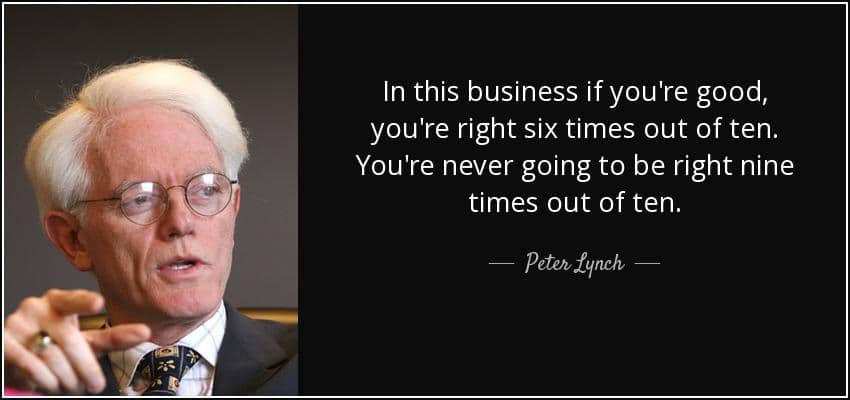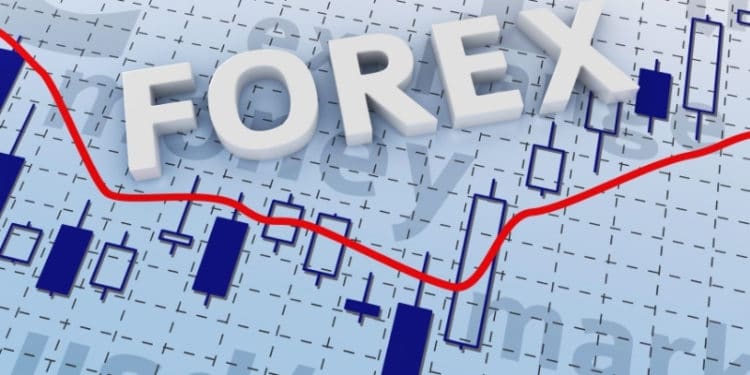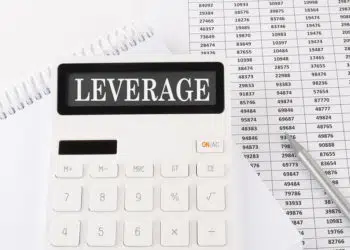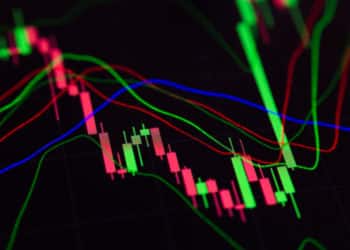What are the truths in forex? As much as all the following truths are painful, a firm grasp of each one can perhaps be the key to improving a trader’s results tremendously.
Overview

They say the truth shall set you free, a statement that applies to virtually all facets of life, including forex. The following five truths have remained consistent for decades, reinforcing the fact that an effortless application of the rules can be the missing piece in the puzzle.
No holy grail exists
This truth is arguably the most important technical aspect of forex, and this applies to all levels of traders, from retail to institutional traders alike. Even the most expensive education and trading strategy imaginable cannot provide information that makes one unbeatable in the markets without losses.
An acceptance of this fact can immediately fast-track a trader’s career, especially if they are beginners. One of the reasons why you cannot find ‘insider’ information that could tell you what the next move could be is that forex deals with mathematical probabilities rather than certainties. Unfortunately, there blatantly is a massive, unpredictable factor inherent in the markets, more so one that is decentralized. All markets are mechanisms of human emotions. Although humans exhibit predictable behaviors, in an arena where the money is involved, their actions are more often unpredictable on a per-trade basis. Therefore, no amount of evidence or scholarly study can accurately predict the future.
Solution
Solutions are the following:
- Traders should focus mostly on risk management as this is the primary aspect within their control, rather than spending money on a supposed holy grail.
- While a high technical knowledge acquisition can be useful, a trading system should largely be simple in execution.
You will lose a lot more often than desired
This truth expands further on the concept of ‘no holy grail exists.’ Assuming a trader appreciates this philosophy, in no way does it mean they can get close to a holy grail. Winning 90 or even 80% of the time is extremely difficult, nor is it sustainable in the long run.

A quote from legendary American investor Peter Lynch sums this truth up perfectly, ‘In this business if you’re good, you’re right six times out of ten. You’re never going to be right nine times out of ten.’
With this statement in mind, a trader can psychologically deal with the constant possibility of losing. Losing is a challenging and emotionally painful experience, though this is an eventual reality in any market, not just forex. The only proven methodology has a system that produces large enough winners that substantially cover losses.
Solution
Understanding the law of large numbers is undoubtedly the most crucial aspect. Instead of individualizing losses, the only proper way of being successful is thinking long term. Any trading strategy will inherently include a random distribution of winners and losers.
Capital matters
Here, capital refers to a trader’s starting account balance and the balances they maintain throughout their career. Although it’s greatly possible and even commendable to grow a small account exponentially, there are psychological shifts between a small account and a large account that determine one’s success.
Unfortunately, forex is the most leveraged financial market, and this feature lures traders with smaller accounts to over-leverage in their positions for the desire of quick and large profits. On a bigger account, although you can still be greedy, a smaller gain is more noticeable in real terms, meaning one is less likely to over-leverage.
The other aspect of capital refers more to money management. Regardless of the account size, traders should be consistently conscious of their risk per trade and allow for losing streaks. Even when a trader has withdrawn profits, whatever is left over has to account for money management in future positions.
Solution
Here is how one can deal with this limitation:
- One should understand that a small account is tradeable, albeit that growing it to a substantial amount over time can take years and demanding discipline.
- The alternative may be first to raise risk capital that one can afford to lose before trading live. Attempting this fund-raising should be at a point where a trader is fully confident in their trading system.
A larger account doesn’t automatically improve a trader’s skill because a strong level of caution for risk must still be present regardless of the account size.
Forex is extremely technical
Learning forex is akin to learning a degree when objectively looking at the time. Understanding the basics usually doesn’t take very long, though getting to the point of mastering a trading strategy can set one back a few years.
While complexity exists, there is also a point at which the execution should be simple. Getting to the place of simple execution is the result of mastering the technical aspect. Making any trading decision consists of several mathematical calculations that consider the worst and best-case scenarios
You can only make a calculated decision by being very technical while simultaneously executing without hesitation.
Solution
Again, the difficulties of the technical side have their solutions here:
- The technical piece of forex requires a trader to religiously stick to one trading strategy for extended periods without deviation and system-hopping.
- Despite the high technicality level, the ultimate execution should be simple and based on solidly defined rules.
Your success is solely your responsibility
Studying about forex is primarily a self-isolated space, which is why a trader’s psychology is paramount. Although naturally, people feed off knowledge from different sources, trading is a highly personal and psychological battle rather than a team sport.
Even with having a mentor, signals, or education, every action is the trader’s responsibility. They can very rarely blame it on external forces. The most successful traders were brave enough to learn the market themselves rather than depending on others to do it for them.
Perhaps one of the reasons why so few can endure sustained careers may be due to a lack of accountability. No amount of signals, mentors, copy trading, automated trading, or expert advisors can ultimately make a successful trader if they don’t learn to trade themselves.
Solution
Here is what you should always be aware of to learn to act yourself:
- Mechanical systems are often the best systems to follow in the long run. The human mind has more heightened senses and a discretionary ability to observe market dynamics than any other method. The crude reality is that trading forex is hard work.
- A trader should fully acknowledge any mistakes by being accountable and ensuring they do not repeat them in the future.
Conclusion
Living in the digital age, specifically with the increase in social media, has allowed marketers to present an often distorted picture of forex. Most of the battles people deal with are not necessarily technical but rather preconceived notions formed from the misinformation.
Once one aligns their expectations with reality and uncomfortable truths, they can progress very quickly.







